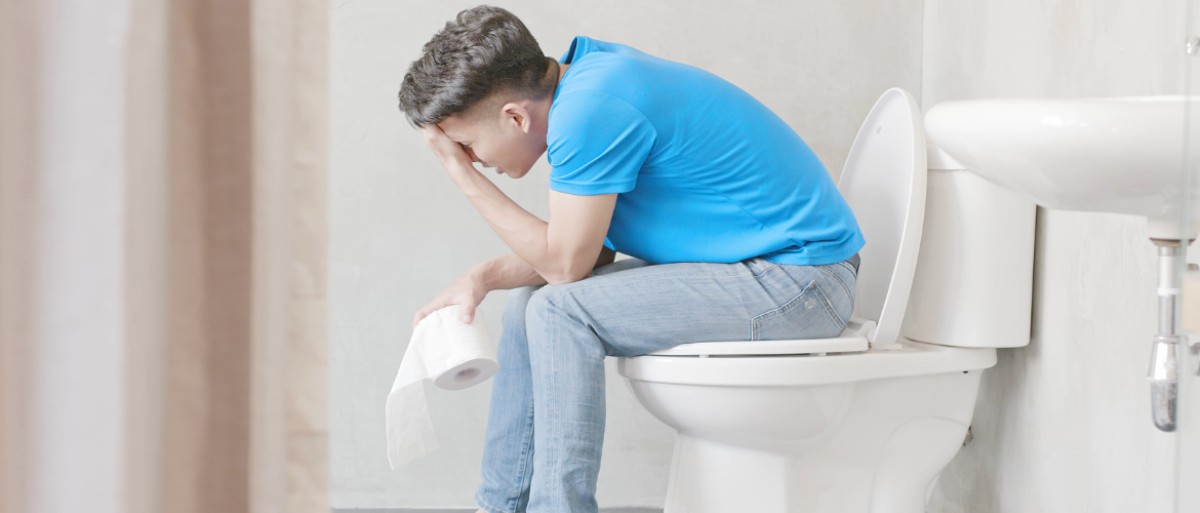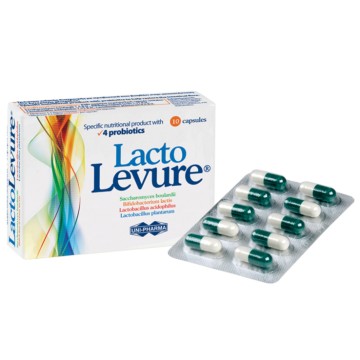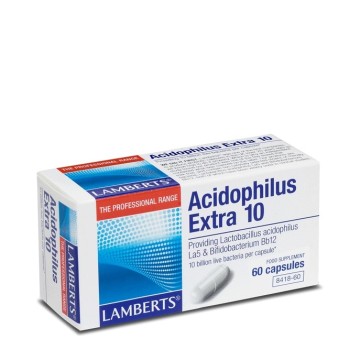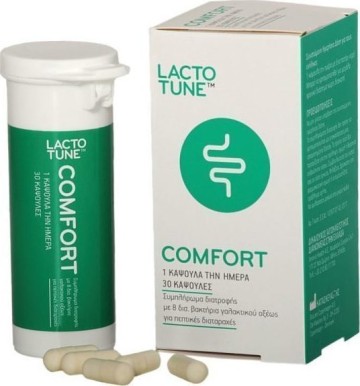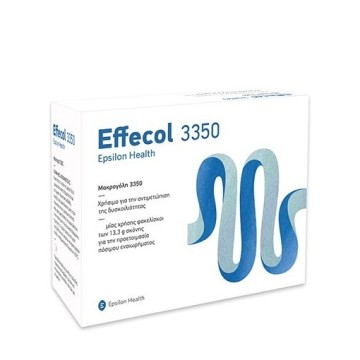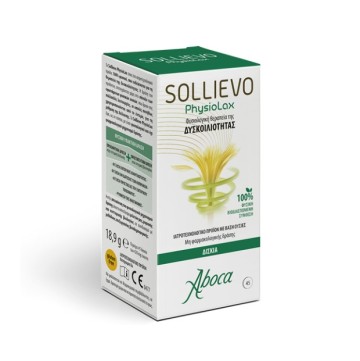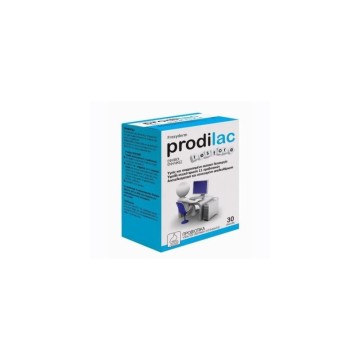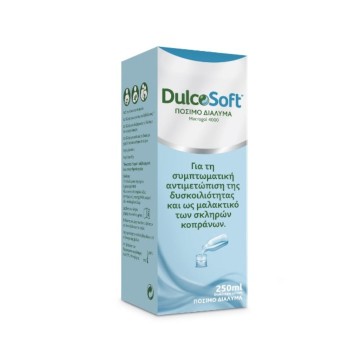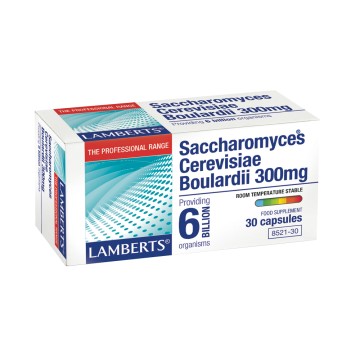What is constipation?
Η
constipation is a common condition associated with digestive health and is described by minimal frequency of bowel movements, usually less than three times a week, or difficulty in defecation. Factors such as lack of fiber, insufficient fluid intake and lack of physical exercise can cause this condition. Other causes include certain medical conditions and the use of certain medications.
To tackle
constipation Dietary changes, increased physical activity, and over-the-counter medications may be recommended. In cases of chronic constipation, treatment of underlying diseases or other medical interventions by a healthcare professional may be necessary.
Symptoms of constipation
Η
constipation characterized by the following
symptoms:
- Fewer than three bowel movements per week.
- Hard and dry stools.
- Pain during defecation.
- The feeling that the bowel movement is not completed.
- Small amount of stool
Chronic constipation is referred to when two or more of these symptoms are present for at least three months.
When should I see a doctor?
A visit to the doctor is recommended if you have the following
symptoms:
- Black or bloody stools.
- There are unusual changes in the shape or color of the stool.
- Unexplained stomach pain.
- Unexpected weight loss.
- Blood on the paper or in the toilet after a bowel movement
- Swelling, pain
- Difficulty passing gas and stool
- Fever
- Ανορεξία
- Vomiting
- Feeling tired
What causes constipation?
Some of the causes that cause constipation are:
- You don't drink enough water
- You don't eat enough fiber
- Pregnancy
- Changes to diet you or your activities
- Stress
- Greater age
- Diverticulitis
- Certain medications (pain relievers, antidepressants, antihistamines, blood pressure medications)
- Eating disorders
- Irritable Bowel Syndrome
- You consume a lot dairy products
- Colorectal cancer
- Problems to nerves And them muscles in your digestive system
- Neurological conditions such as his disease parkinson or h Multiple Sclerosis
- An underachiever thyroid (called hypothyroidism)
- Too much calcium in your blood (hypercalcaemia)
Risk Factors for Constipation
The gentlemen
factors which may lead to
constipation are the folowing:
- Lack of physical activity
- Psychological and social factors
- Avoiding going to the toilet despite having a bowel movement
- Cardiovascular disease (ischemic heart disease or congestive heart failure)
- Abdominal and pelvic muscle weakness
- Increased age (decreased intestinal motility)
- Low fiber diet
- Chronic diseases (diabetes, chronic renal failure, hypothyroidism)
- Neurological problems (Parkinson's disease, spinal cord injuries or stroke)
- Cancer
How is constipation diagnosed?
The doctor will discuss with you your health history, lifestyle and eating habits. He will also ask you about the frequency and nature of your bowel movements. There will be one
physics examination, as well as a simple rectal exam to check for potential problems, such as lumps.
For the
detection of the cause of constipation, the doctor may also recommend further tests:
- Blood, urine and stool tests: These check for hormonal disorders, diabetes, anemia or cancer and look for signs of infection or inflammation.
- Colonoscopy or sigmoidoscopy: Using a tiny camera, the doctor examines the inside of the rectum for possible problems.
- Descriptive methods: Using X-rays, CT or MRI, the doctor investigates for unusual conditions in the digestive system.
- Bowel function tests: They include apodemography, anorectal manometry b and scintigraphy to check colon function and stool movement.
I have hard stools that won't come out. What to do;
If you have
hard stools that make it difficult for you to defecate, try the following:
- Prefer foods rich in fiber such as fruits (radians, plums), vegetables
- Drink up coffee or tea in the morning, but limit caffeine consumption during the day because it can dehydrate the body
- Stay active and exercise regularly
- You drink plenty of water and other liquids throughout the day
- Go to toilet as soon as you feel the need. Do not miss the visit
- You can receive laxatives on the advice of your gastroenterologist
- Avoid herbs or supplements without medical advice
Find on
wecare.gr wide variety
products to treat and immediately relieve constipation.Related Products:
Sources: Constipation - Symptoms and causes - Mayo Clinic,
Constipation: Causes, Symptoms, and Treatment,
Constipation: Symptoms & Causes,
What causes constipation,
What is constipation?
PHARMACIST, M.Sc.
CEO Wecare IKE
Liability Disclaimer
The content of this website does not constitute and cannot be construed as medical advice, diagnosis, treatment or suggestion.
All information is provided to readers by healthcare professionals for informational purposes only. This content is not intended to be a substitute for personalized medical advice, diagnosis, prognosis or treatment.













